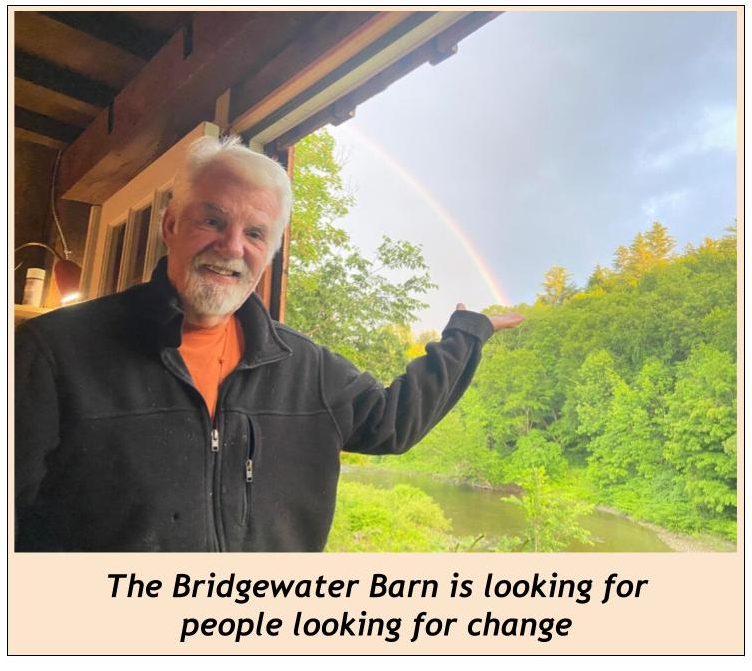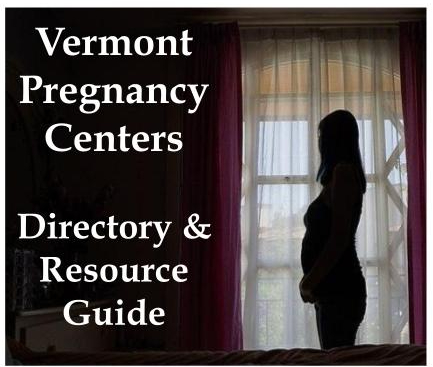by Don Keelan
Many Vermonters do not know what Efficiency Vermont accomplishes and have even less of a clue about what its parent company, Vermont Energy Investment Corporation, does.
According to the Company’s Form 990, 2020 tax filing, VEIC had revenues of about $121 million, assets of $42 million, 292 employees, and headquarters in Winooski, Vermont. For additional information on VEIC, see this columnist’s August 19, 2019 piece.
The company divides its operations among three divisions: Efficiency Vermont, Efficiency Smart, and The DC Sustainable Energy Utility.

DCSEU operates in Washington, D.C., and according to Form 990, it “is the only utility in the country that combines energy savings goals with social equity goals.” Its 2020 revenues were $33,911,912.
Efficiency Smart, as noted in the tax filing, “helps participating municipal electric utilities and their customers reduce their energy use and save money through technical assistance and financial incentives.” It has revenues of $11,485,641.
Now for the third and most significant revenue-generating unit, Efficiency Vermont. Its purpose is to “provide Vermonters with objective guidance and incentives to improve the affordability and comfort of their homes, businesses, institutions, and communities through energy efficiency.” EVT collected revenues of $59,879,013.
In addition to the above revenue sources, VEIC received a $16.4 million grant from the federal government to assist schools in Vermont in monitoring air quality. A sampling of the allocation to 129 schools noted that: Arlington School District, Burr Burton Academy, and St. Johnsbury Academy received $31,523, $17,845, and $1,252,578.
It should be clear that EVT does not do the physical work or provide the material to make a home, business, or institution more energy efficient; it is a consulting service that offers generous financial rebates.
In the past several years, VEIC has expanded, operating and providing consulting services in over 25 states as far away as Hawaii. In doing so, it has attracted some high-level professionals, as noted on its tax return.
The company’s Community Services Manager, Director of Distributed Utility Services, and Director of Marketing and Business Development were compensated $277,504, $336,581, and $328,710 in 2020.
I can only assume they deserve the compensation, which seems higher than other positions. For example, in 2021, the Vermont Interim Commissioner of Corrections was compensated at an annual salary of $127,000. Or the Step 1 deputy state’s attorney salary will be $59,842, effective July 3, 2022.
The executive compensation at VEIC is a flanking issue. What is puzzling is the sizeable annual payment made to VEIC by Vermont utilities.
Between February 2022 and February 2023, Green Mountain Power, Vermont’s largest supplier of electricity to 270,000 plus customers, paid VEIC approximately $40 million (to be exact, $39,899,174.70) that it had collected from its customers. Five years earlier, a similar payment was $23 million.
For the uninitiated, each customer pays every month about 1.1 cents for each KW of energy consumed. Customers of other utilities also pay VEIC, except Burlington Electric Department. BED is an energy-efficient utility.
EVT is another classic Vermont case whereby a nonprofit can capture large sums of money, in the hundreds of millions of dollars over the past and next five years, with little input from the public where funds are expended. The Public Utilities Commission has jurisdiction, but to what extent is it involved?
Vermont needs to re-direct the $50 million sent to VEIC and put the funds into an enterprise that will hire, train, design, install, and purchase the equipment and supplies to weatherize and replace inadequate heating systems in tens of thousands of state homes and businesses. We need “boots on the ground,” replacing windows, installing insulation, and removing inefficient furnaces and lighting systems.
The new entity could bill for its professional and construction services and materials. When the recipient needs financial support, the entity could be authorized to adjust its billing accordingly.
Electric rate-payers don’t need a company with zero control over (don’t count on the PUC) collecting tens of millions of dollars and whose leadership is focused elsewhere. We need a construction company, not a consulting company.
The author is a U.S. Marine (retired), CPA, and columnist living in Arlington, VT.
Categories: Commentary






Thank you so much, Don, for highlighting Efficiency Vermont. I’ve often wondered about this mysterious organization where a bunch of my hard earned money goes each month. I really do love taxation without representation. (Didn’t we fight a war about that?) Wouldn’t you think any organization that gets a crap-ton of money from citizens would be humble enough to include a “what we have done this past year” insert in our electric bill once a year? I won’t hold my breath for that.
Good article, but we certainly don’t need the State of Vermont getting into the construction business!
All those hundreds of millions of dollars would be far better returned to the people! As with all state-run programs, Efficiency Vermont distorts the market and results in irrecoverable economic dead-weight loss, mis-allocation of capital and other inefficiencies resulting from the “involuntary and coerced participation of its creditors” (a.k.a “theft”.) Big waste of money!
If we’re not going to scrap it entirely, we should, at the very least, rename it more accurately “INefficiency Vermont.”
Those salaries are astronomical in VT and judging by the actions of Efficiency VT it’s “Hush Money”.
I know I recent having to pay a fee to EV every month on my power bill but I didn’t realize the situation was so bad. EV knows nothing about my ability to pay this fee . I have always felt they were stealing my money without my consent. I’m sure employees of EV have good salaries and benefits but I don’t. I think over the years of paying this fee, I once received four EV lightbulbs. EV’s commercials are obnoxious and rub salt into my wounds. Thanks Mr. Keelan for this eye-opening commentary. Perhaps as a sign of protest people could simply subtract the fee from their power bill. I would rather give this fee to Vt Daily Chronical where I would at least get something (GOOD INFORMATION) for my donation.
Vermont is a cesspool of corruption and a grifter’s paradise. EV is only one of many NGO or non-profit, government supported money pits. Take any one of them and view their websites, particularly the executives and directors. Some non-profits seem to have more executives/directors than actual employees. The salaries for the executives is far, far more than the lowest employee on the totem pole. They do good all right – for themselves. What do they actually do? They lobby for more money and they take a large percentage of that money for their own benefit. The behemouth Vermont welfare system is the top tier wage earners of goverment, NGO’s, and non-profits.